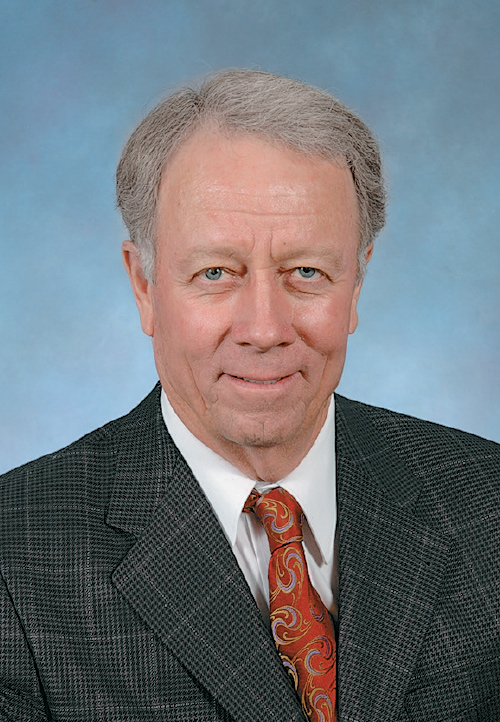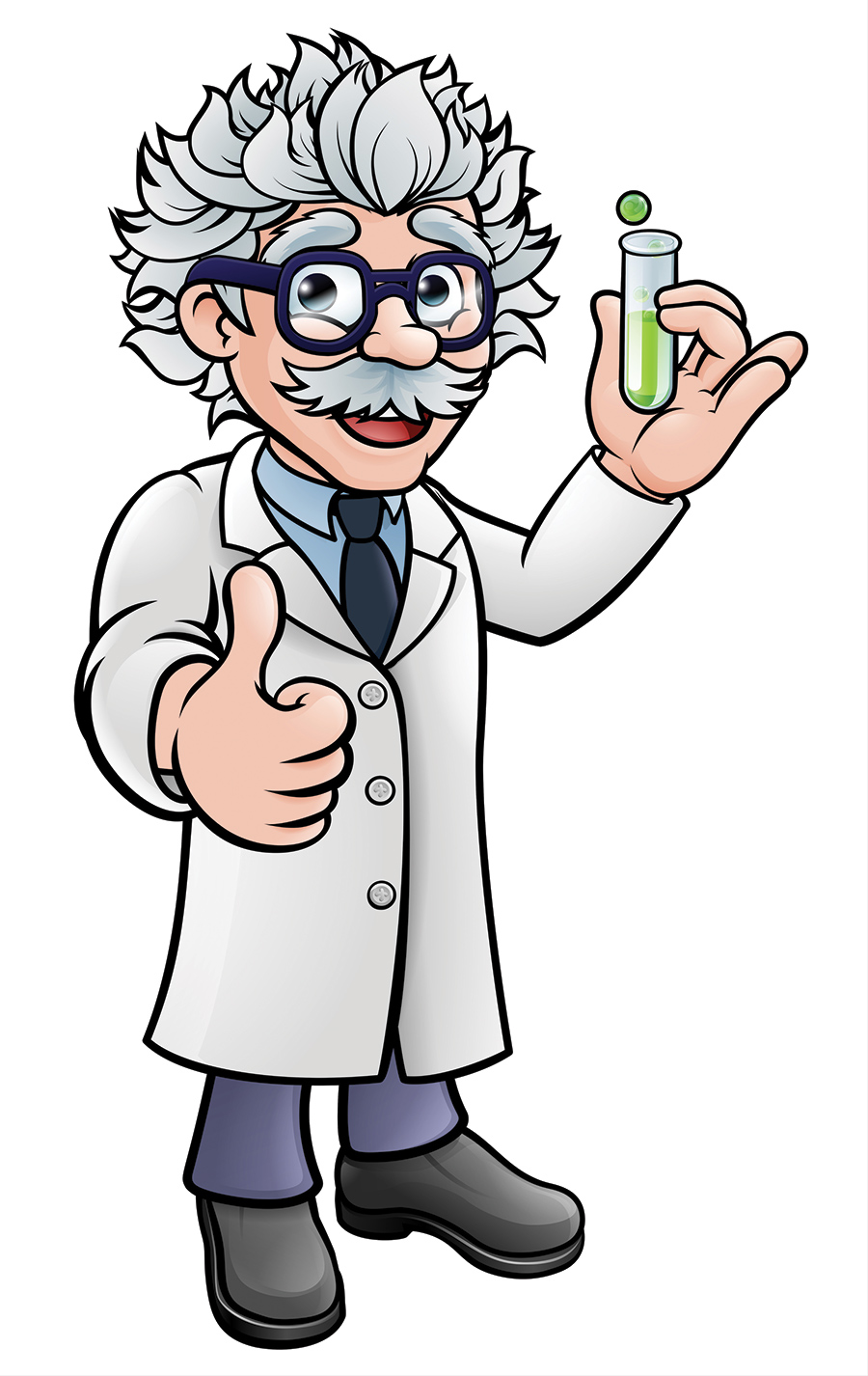
Einstein Nails It Once Again
Albert Einstein: “The world as we have created it is a process of our thinking. It cannot be changed without changing our thinking.”
How empowering it is to learn that we can change our circumstance by changing our thinking!
When Wilbur and Orville Wright chose to investigate and thereby understand the physics of heavier-than-air flight, correct thinking led them along a process of elimination until they could soar through the air like a bird. Uncounted prior attempts by men who did not think correctly led to comic, even disastrous results. That did not happen with Wilbur and Orville. Their thinking was so solid, so logical, that success was inevitable. They knew that a kite soars in the wind.

Some columns back, this space pointed out that one’s circumstance is the product of one’s thinking, one’s decisions—Einstein restated. One need not look too far back into one’s own past to come up with a decision that could have been better made. Such remorse can be resolved by rightly determining never to make the same decision the same way again or wrongly addressed by excusing the poor decision with rationalized nonsense. It is strength of character that determines which will happen.
Decision making is subject to varying blends of emotion and fact. Emotion-based decision making can be flawed, as emotion often crowds out logic and reason. Fact-based decision making is different because fact-based decision making, as success in the potato production business demonstrates, is mathematically derived. The underlying math of all production-based decisions, potato production or not, is this: To succeed financially, production-based decisions must address head-on the supply/demand/price equation. In cases where the producer fails to acknowledge this equation and match production with demand, the equation itself takes over and deals with the producer as it will. This is immutable fact. Everyone can look at Idaho this year and see what balancing the supply/demand equation does for bringing a fair value to a potato crop.
Correct thinking in the potato-production business must include addressing the supply/demand/price equation. The kicker is having access to the equation’s numbers. Until and unless a potato producer has that access, he is just floating on the wind with no motor and no propeller.